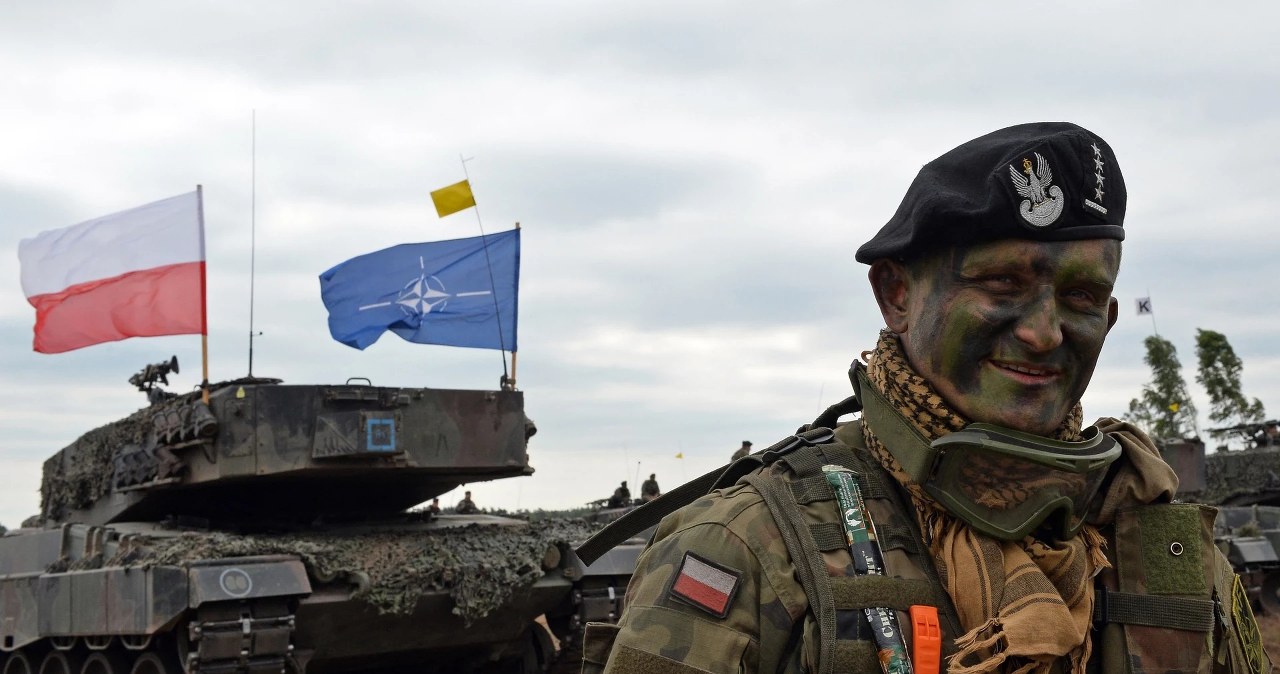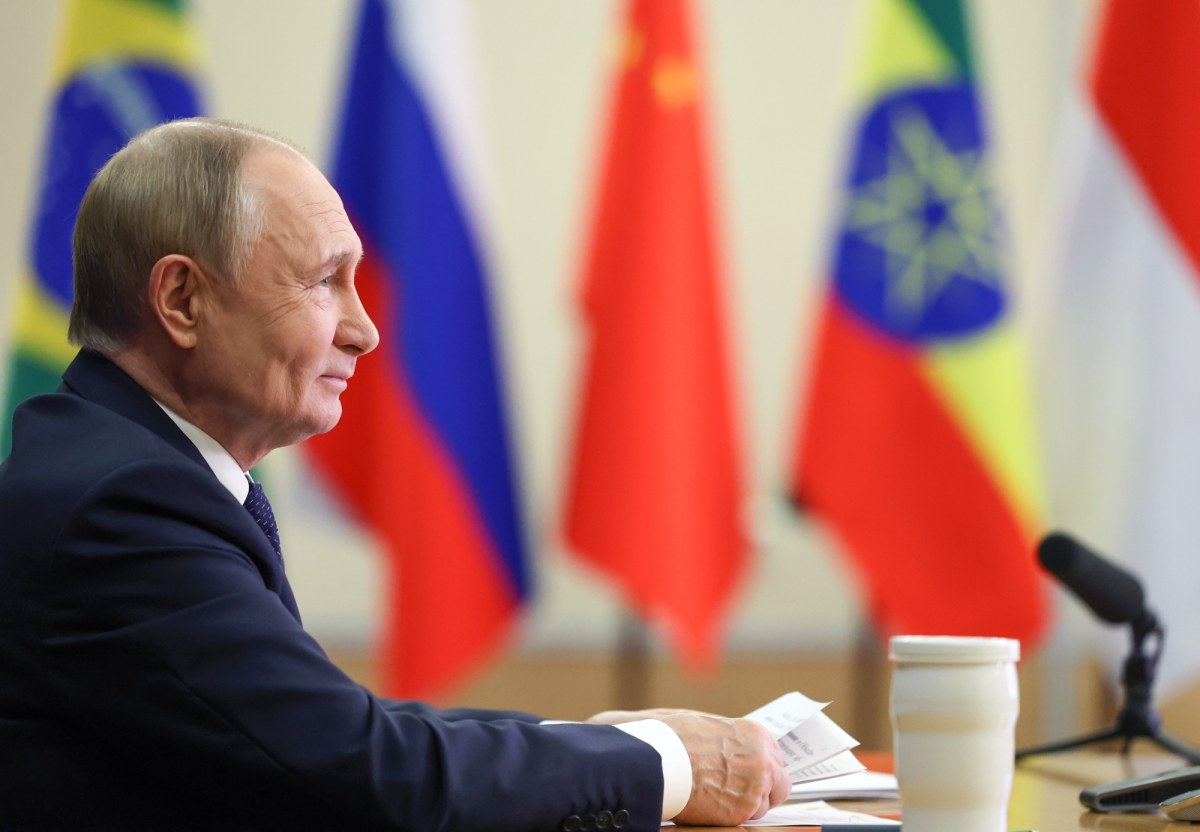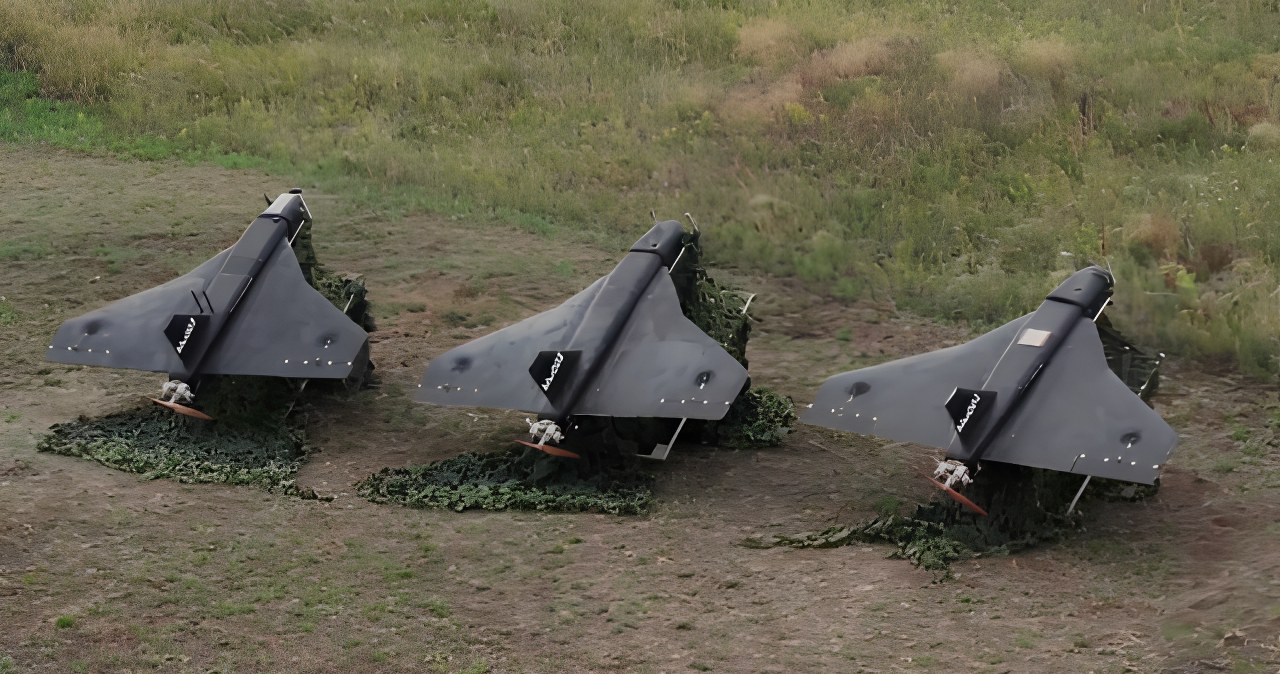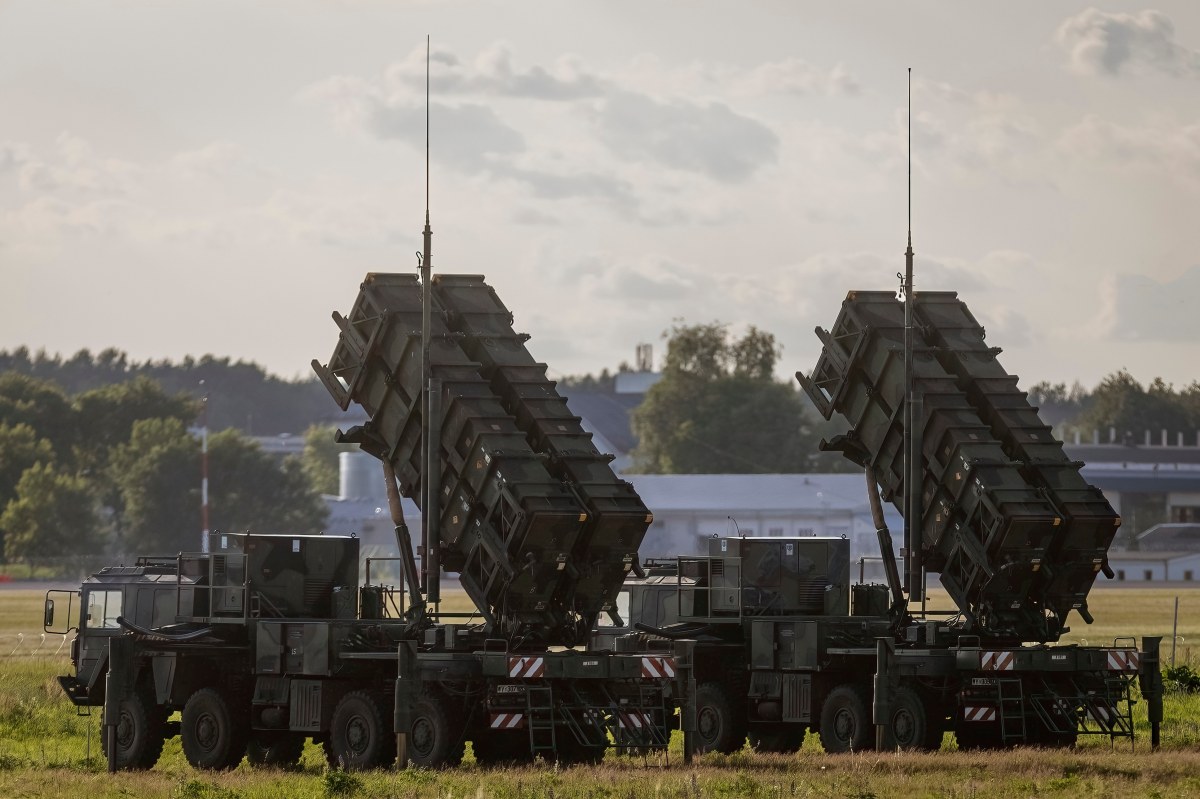Kremlin Appearance Game: Russian peace talks initiative with Ukraine
On May 10th, Polish Prime Minister Donald Tusk, French president Emmanuel Macron, UK Prime Minister Keir Starmer and German Chancellor Friedrich Merz met in Kiev with Ukrainian president Volodymyr Zelenski. After a "constructive" telephone conversation with US president Donald Trump, they appeared with a "ultimatum" against the Kremlin, concerning the request to introduce a full and unconditional ceasefire for at least 30 days from 12 May. If Russia rejected it, more severe western sanctions would be applied against its energy and banking sectors.
On the night of 10 to 11 May Vladimir Putin in a message to the media in Moscow proposed the beginning of direct Russian-Ukrainian peace talks on 15 May in Istanbul. He charged Ukraine with work for not respecting the erstwhile short truces: a monthly moratorium on attacks on part of energy infrastructure facilities and a few-day ceasefire at the time of Easter and celebration of the 80th anniversary of the triumph over Nazi Germany. He described the talks as a continuation of the Russian-Ukrainian negotiations of 2022 and announced that the Russian delegation should be sent to Istanbul.
On May 11, Trump called on Kiev to participate in talks with Russia in Istanbul. He felt that this would make it possible to find whether an agreement was possible and, if not, European and US leaders would "be able to act accordingly" to the situation. Zelenski confirmed his presence in Turkey and called Putin for a individual meeting.
The Russian initiative represents a direct consequence to the declaration of Ukrainian leaders and leading European states (participants of the Western coalition of willing). It is the imitation of the Kremlin's good will for peace dialog aimed at achieving 2 immediate objectives – to shift work for continuing the war on Kiev and to counter fresh Western sanctions (especially American sanctions) against Russia. The Ukrainian side agreed to Putin's proposal in consequence to Trump's entry. Kiev wants to keep the US in the process of settling the conflict and to convince them that Moscow is the non-constructive side, blocking talks and uninterested room.
Comment
- Putin de facto rejected the initiative of Ukraine and European leaders on an unconditional 30-day ceasefire from 12 May as a condition for peace talks. This reflects a consistent Russian strategy based on the appearance of peace readiness while continuing aggression in the hope of widening the business area and forcing the conditions favorable to Moscow for the future end of the fighting.
- Russia shows that it has not given up any of its far-reaching conditions for ending the war. It declares its readiness to proceed talks with the Ukrainians in Istanbul (referring to those of the spring of 2022, placing Kiev liable for interrupting them). In fact, the talks at the time afraid the conditions for the surrender of Ukraine, and Russian demands included, among others, the legalisation of the annexation of Crimea (now besides 4 further Ukrainian regions), the demilitarisation and "densification" of that country, its extra-block status, the ban on military support from abroad and many restrictions on military activity in the surroundings of Russia (see besides the Russian authorities). (Still can) win the war with Russia. On Western counterstrategism towards Moscow). Their fulfilment would violate the territorial integrity and sovereignty of Ukraine and impose serious military restrictions on the east flank of NATO.
- The Moscow initiative aims to torpedo the drawn consensus of Kiev and the leading countries of Europe and the US that in the absence of good will, force in the form of economical sanctions is necessary. Putin assumes that in view of the chance for direct Russian-Ukrainian peace talks, and even more so if they were to start, the US would not support imposing fresh restrictions on the Russian energy and financial sectors, possibly seriously deteriorating Russia's economical situation (weakened by the fall in oil prices). This would besides hamper the adoption and/or reduce the effectiveness of fresh sanctions initiated by another participants in the Western coalition (including the EU and the UK).
- The nonsubjective of the Kremlin is to discourage Trump administration from supporting Kiev and independent Russian-American reset from settling the conflict in Ukraine. Moscow realises that its peace terms are unacceptable to Kiev and most Western countries. At the same time, he believes that the complete cessation of American support and its incomplete replacement by another Western states over time will lead to serious defeats of Ukrainians on the front and will enable the forced peace on Russian terms. It besides believes that Trump and any of his surroundings are curious in the business benefits of cooperation with Russia (mainly in the energy sphere) and would be willing to abolish most of the sanctions. Therefore, in the Kremlin's mind, the issue of the settlement of the conflict in Ukraine is to be shifted in rule during the Russian-Ukrainian talks, where they will be stuck due to a crucial divergence of positions, which will aid discourage Trump with this topic. Meanwhile, Russian-American talks will focus on cooperation plans, especially economical ones, encouraging the president of the United States to abolish sanctions.
- Trump's appeal to the Ukrainian delegation to participate in talks with Russians in Istanbul undermined Zelenski's plan and 4 European leaders. Its aim was to show Russia's non-constructive position through (expected) deficiency of its consent to a 30-day ceasefire, as well as to strengthen the coordinated sanctioning force with Washington and to make Kiev's readiness to talk to the ceasefire. Zelenski accepted Moscow's bid to meet in Istanbul to show the U.S. openness to talks, and knowing that they would not lead to a breakthrough due to fundamental contradiction of positions. Announcing that he would come to Turkey personally, and expecting Putin's presence, he besides raised the stakes. This is an image play calculated that Putin will not come to Istanbul, which will let Kiev to impose a communicative of Kremlin's reluctance into the room.










